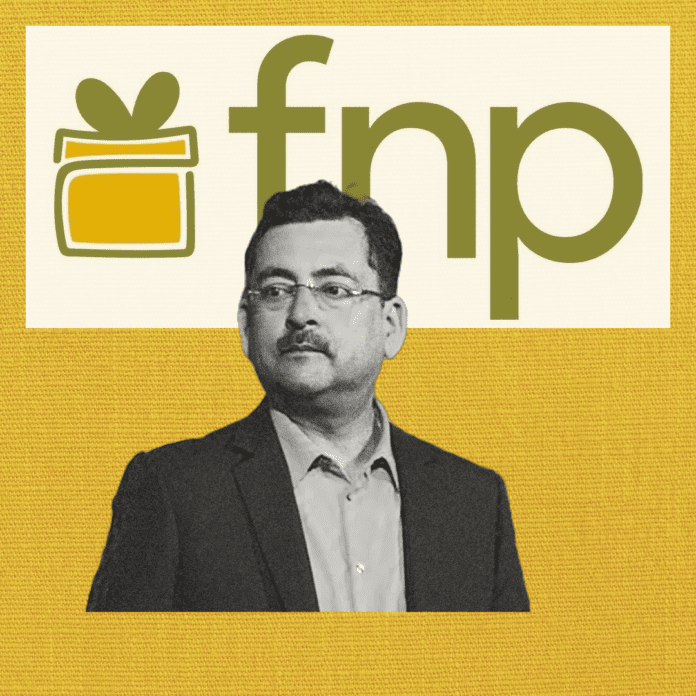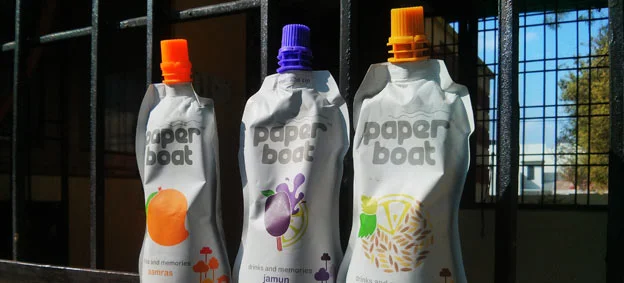Ferns N Petals (FnP) marked a successful FY24, recording a 16% rise in operating revenue and a sharp 78% reduction in losses compared to the previous fiscal year. The company’s consolidated financials for the year ending March 2024 reveal operating revenues of Rs 705.4 crore, up from Rs 607.3 crore in FY23.
FnP’s business thrives on the sale of cakes, flowers, and personalized gifting solutions, delivered through its website, third-party platforms, retail stores, and franchises. Additional earnings come from delivery and packaging charges, onboarding fees, and monthly royalties from franchises. The company operates in over 100 countries with a network of more than 400 stores in India.
The sale of products remained the primary driver, contributing 91% to the operating revenue, which rose by 15% to Rs 640.75 crore in FY24. Revenue from delivery charges surged 40% to Rs 45.12 crore, while other sources, including franchise fees and convenience charges, added Rs 19.51 crore. Interest income contributed Rs 7 crore, taking FnP’s total revenue to Rs 712 crore for the fiscal year.
Strong Domestic and International Markets
India continues to be FnP’s largest market, generating Rs 443.58 crore (63% of total revenue). Revenues from UAE and Singapore stood at Rs 176.52 crore and Rs 65.1 crore, respectively.
Balanced Cost Management and Reduced Advertising Spend
FnP effectively managed its costs in FY24, with materials accounting for 42.3% of total expenses at Rs 312 crore, marking a 12.4% increase. Employee benefit expenses rose slightly by 2.8% to Rs 124.49 crore, while advertising expenses saw a significant drop of 12.3% to Rs 156.65 crore. Transportation and other operational costs totaled Rs 143 crore. Overall, total expenses grew marginally by 1.9% to Rs 736.67 crore.
Financial Turnaround and Diversification Efforts
FnP’s efforts to consolidate in FY23 paid off, as the company reduced its losses by 77.8% to Rs 24.26 crore in FY24. Although its EBITDA stood at a negative Rs 8.62 crore, the company maintained Rs 84 crore in cash reserves and Rs 130.25 crore in current assets.
The firm, which has raised Rs 206.5 crore in funding, including investment from Lighthouse, also operates Udman Hotels and FNP Weddings and Events. These diversifications contribute to its growth strategy while strengthening its balance sheet.
Future Outlook
FnP’s financial turnaround raises questions about its trajectory in FY25. If the company sustains this momentum, it could validate its diversification strategy and pave the way for further growth. However, continued losses with limited growth might suggest the FY24 performance was a one-time success.
As Ferns N Petals aims to reclaim its position as a market leader, its ability to capitalize on its strengths and address challenges will determine the path ahead.










